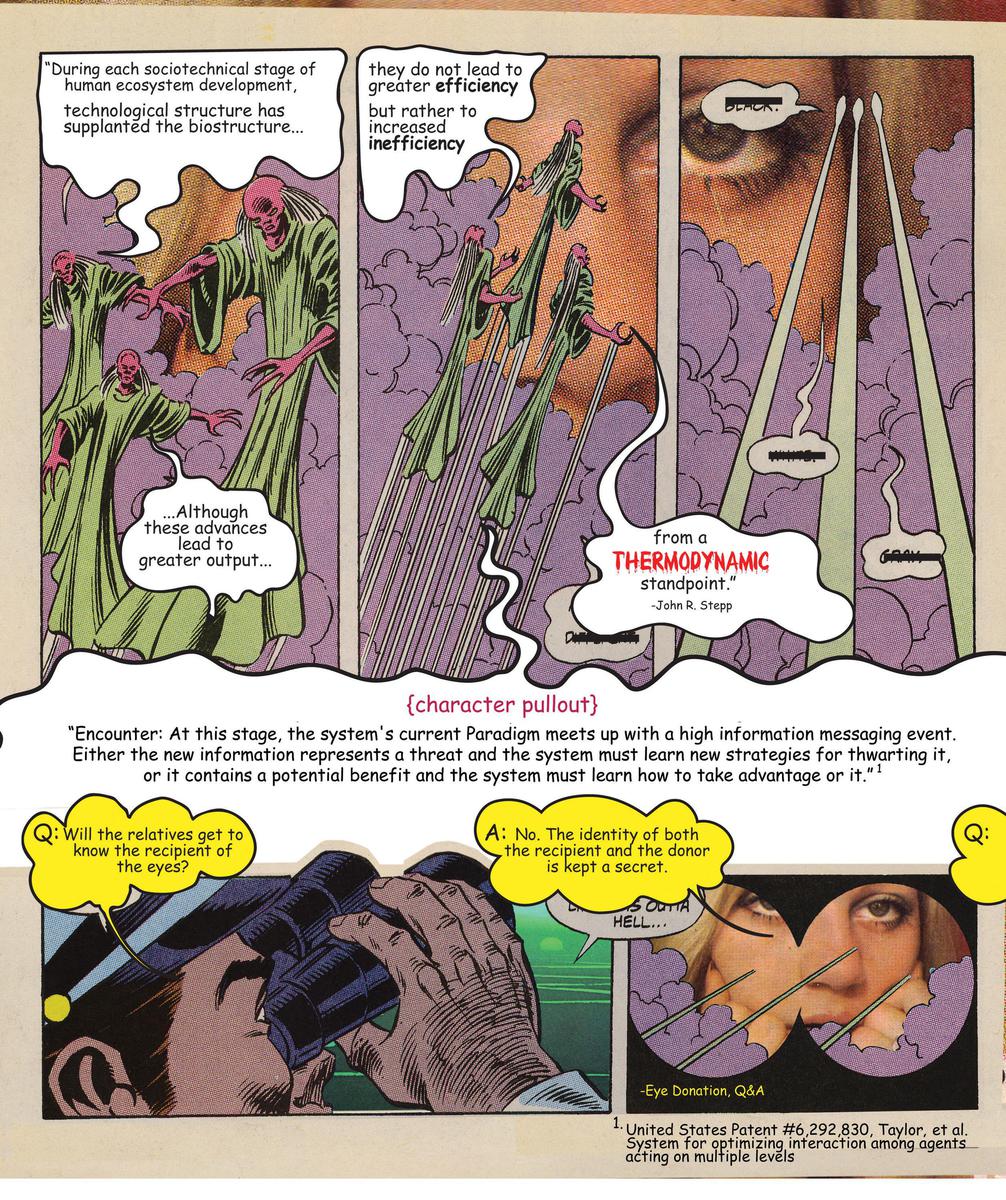
The only way to be certain that hydrocarbons can be found at a given location is to find them. Easy oil, oil that sprang to the Earth’s surface in pools, ran out a long time ago. The easy source depleted, man searched for clues in topographical features, indicating where more oil could be found if one would only dig. As the depths where oil could be found increased, man drilled holes with toothed drill bits on the ends of pipes. When it became harder and harder to read the rises and dips in the land, man stomped on the ground with massive hydraulic pistons and listened with sensitive electronic ears for echoes of the oil buried below.
When oil is located, a rig is brought in. A nozzled drill bit is stabbed into the ground and a high volume and pressure of water is pumped through a pipe, jetting out of the nozzles, breaking the ground around the bit, and causing great turbulence. Weight is then borne down on top of the bit, pushing it in and forcing it deeper into the ground.
Extracting oil involves distending nature from its common state. Things are compressed, wound, stretched, heated, stacked, bolted, cooled, and raised. Nature is manipulated and defied. Engineering leverages attributes of certain natural laws to defeat others. The result is nature put into tension, through the workings of machinery in tension, controlled by tense men. Once the process begins, these tensions feed back into one another, as nature, machine, and man each acts, reacts, and acts again. The effort of man is focused on control of the tension. Accidental release of that control can spell disaster.
SINGING ON THE RIG
LOCATION: RED SEA/OFFSHORE NORTH OF THE EGYPTIAN AND SUDANESE BORDER/ SEMI-SUBMERSIBLE RIG (DEEPWATER FLOATER)/ BELOW DECKS AND LIFEBOAT DECK
Being on the rig is hard; the pace can be relentless, the tasks required of you vital. This can fray the nerves and push most rig hands to stress levels that are hard to sustain. Added to this are the isolation and the distance from home that can leave you melancholic and even self-loathing. But being on the rig is a choice, one that is made freely; and the rig hand knows not to complain or vocalize despair. Every rig hand knows (except the green hand, but he soon learns) that expressing these emotions only exacerbates them for everyone. The expression of feeling is useless, since the days are what they are and what they must be.
To each his own method of private release. I escaped in song, in the privacy of ambient noise, at the top of my lungs; I would defy awe and be awed no more, since I was man — thoughtful, insightful, composing, singing.
Not all songs lent themselves to this practice; the lunatic “I Feel Good,” that classic of James Brown, worked well; I was nowhere in the noise, lost in it, mad as the complex steel innards and industrial machinations around. The song’s only drawback was that one had to feel good truly to throw it around, to make it what it was meant to be. Pink Floyd’s “I Need a Dirty Woman” never failed to be relevant, its scales of want echoed in the steel organs humming, pounding, groaning, and screaming in the rig’s belly. Rock anthems of power and sustainability; soulful ballads of pining and death; fringe chants of absurd jazz and ethnic rumblings; all these were suitable to my purpose, while romantic sops of popular culture never worked. Romantic pop songs were too sweet to counter the hardness and edginess of the location. Only by singing it with sarcasm, bitterness, or vulgarity could one transform “Last Christmas” into a good five-minute companion to a walk down from the deck to the pits.
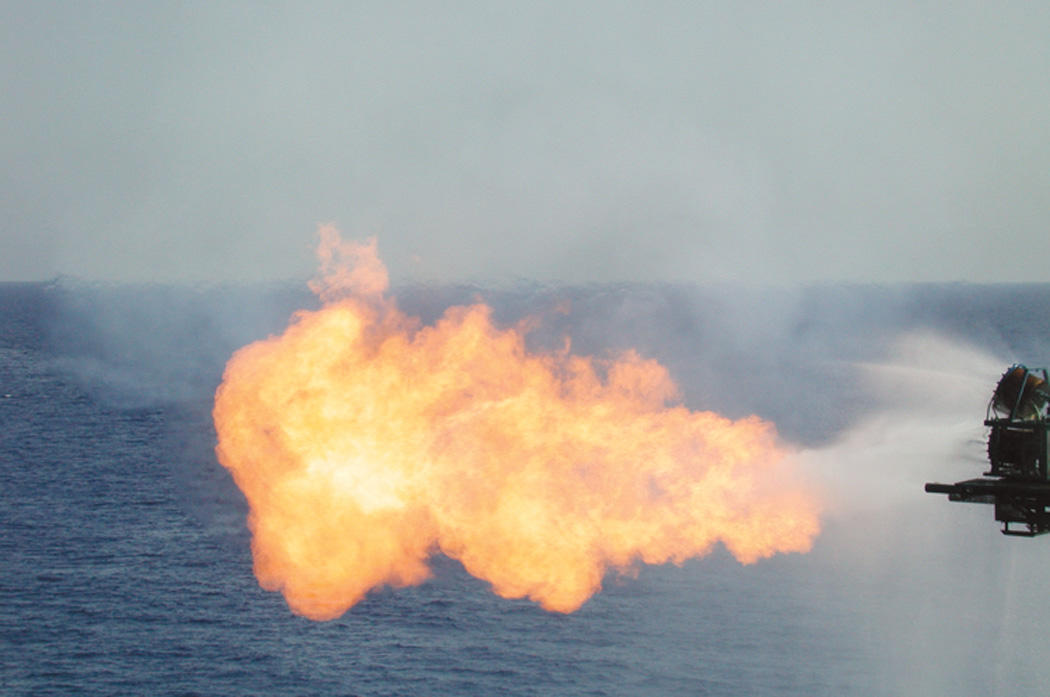
VITALNESS: VITALITY/DEATH
Everything that happens on the rig, must. With high-running costs and the precariousness of man’s hold on nature and the machine, timing is integral to exploration activity. Things must happen in a certain way exactly, in order for other things to happen; all is interconnected in a complex web of activity to facilitate advancement down the critical path. The first thing that can go wrong is loss of time. Time is money. A rig day-rental can cost half a million dollars; thus an hour spent is roughly twenty thousand dollars and a minute three hundred and fifty, whether used productively or not. Piss-poor planning can cause damage to equipment and even loss of the well. Loss of containment can damage the environment through spillage, while human loss, whether of limb or of life, is the ultimate price paid on a rig site.
These risks invigorate the crew, though; eagerness and enthusiasm can help to diffuse tension. When things go badly, the weight of the world is on the crew, and death descends on the rig. But even then, there is fortitude. Potential losses — whether emotional, financial, ecological, or human — can easily reach horrific scales. The simplest tasks are tasks that are as vitally required as the most complex. Since everything done on the rig is a “must do,” rig workers develop a “can do” attitude quickly.
.
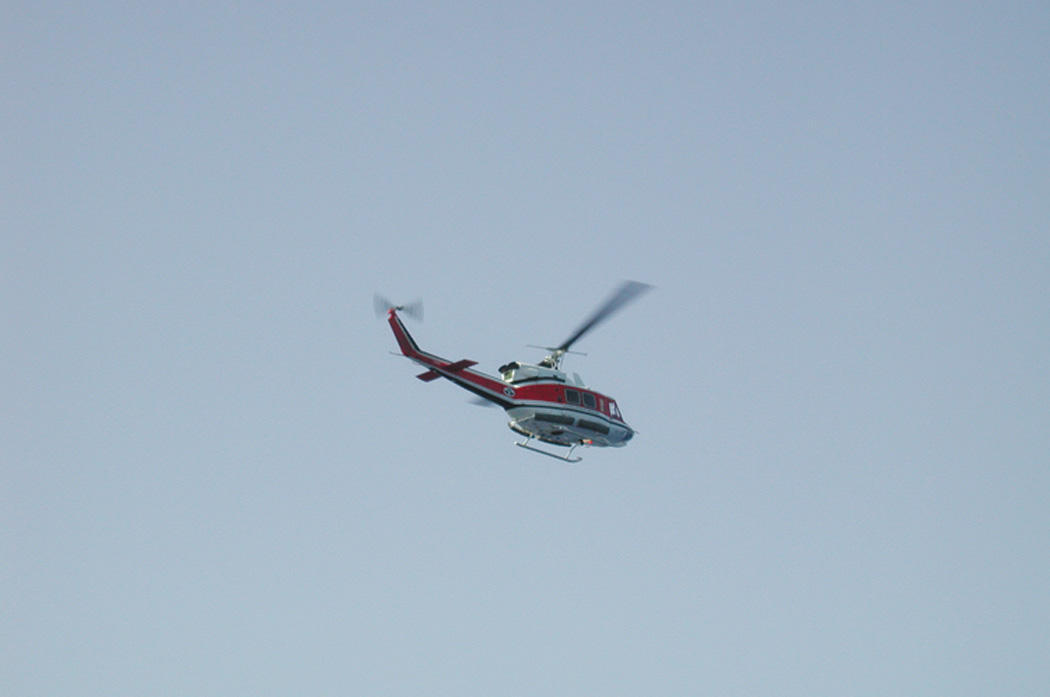
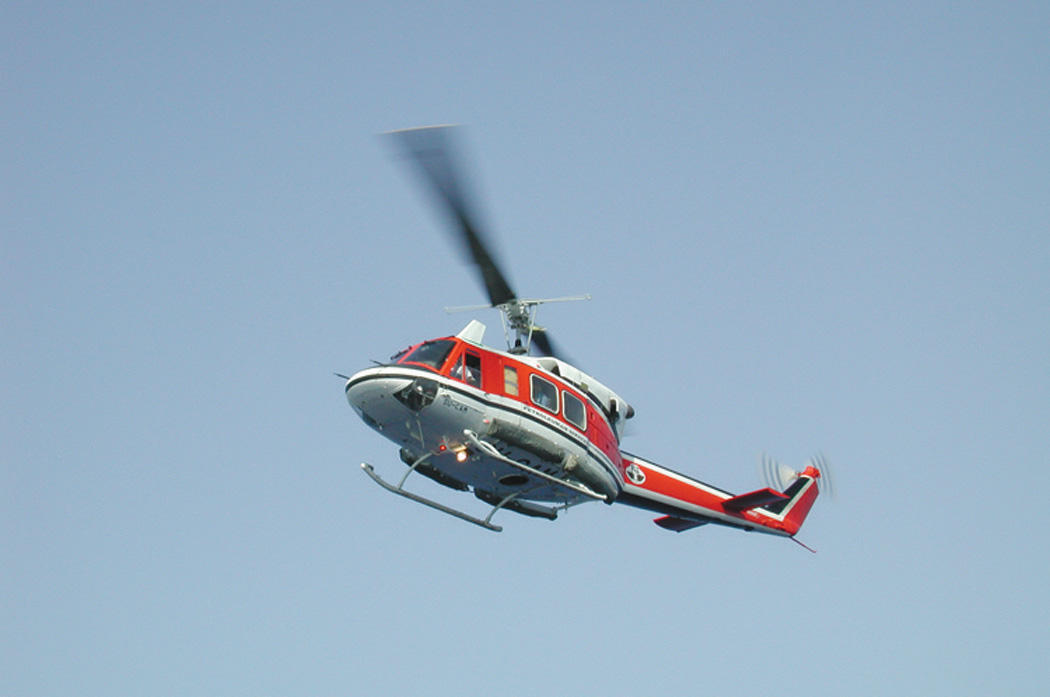

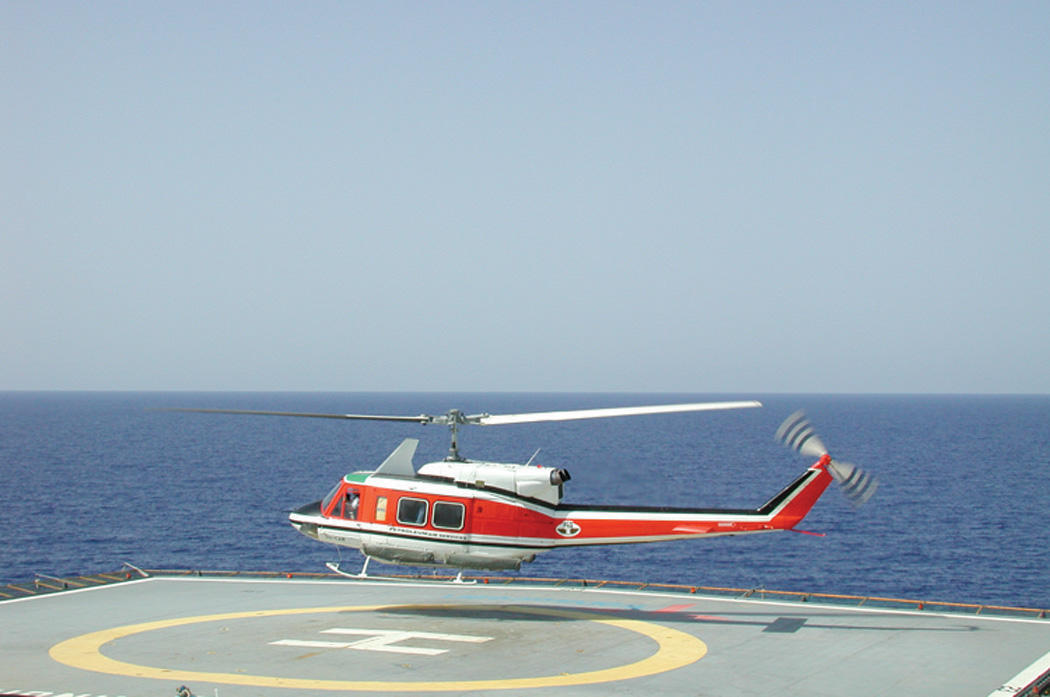
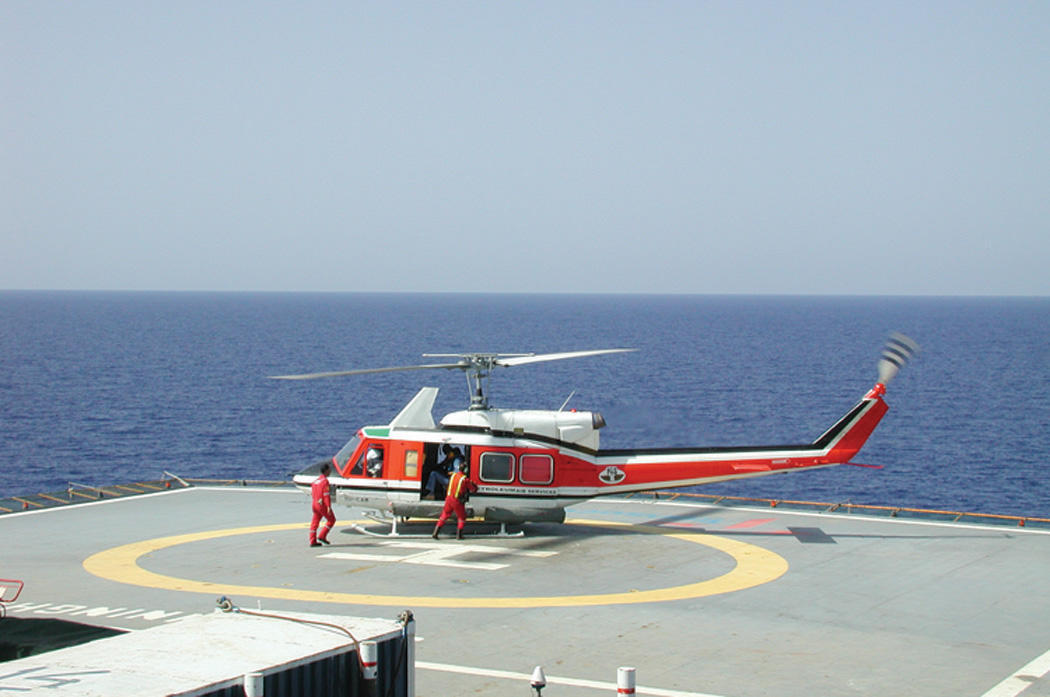
BOBBY, SON OF THE RIG
LOCATION: RED SEA/GULF OF SUEZ/OFFSHORE RAS FANAR/JACK-UP RIG/RIGFLOOR
Bobby was a true son of the rig. At over ninety years old — decrepit, with see-through skin and rheumy eyes, a shuffle of a walk and scarcely any wind left in him, a Texan wheeze for a voice — Bobby was the oldest hand I had ever met on a rig. Bobby spent inordinately long hitches on the rig, rarely leaving “the accommodation,” and sometimes not even his room/office. As company rep, Bobby was boss of the rig. Bobby was so experienced, he needed only to be on the rig for things to go well.
Sometimes I’d go to Bobby for one thing or another, and he’d look at me, stare for a moment, then slowly wipe his hands together and walk away. “I wash my hands of this, it’s your problem, deal with it, come back with good news,” this gesture seemed to say. It was a famous gesture of his.
The drill bit at the end of 2000 meters of pipe had gotten stuck down a 3000-meter hole. We couldn’t get it out and we couldn’t push it further in. We had tried everything — pumping up, pumping down, pulling the maximum over-pull, setting down all the weight, when word suddenly came over the clear call that Bobby was coming up to the rig floor. Ten minutes later, Bobby emerged from the accommodations on the main deck — a smudge, lost in his coveralls, hardhat, and rig gear, slowly shuffling across the main deck. Twenty-five minutes after he decided he would come up to the floor, Bobby made it to us, a journey that would take any of the rest of us no more than a few minutes. In his last climb up the steep stairs that connect the pipe deck to the drill floor, Bobby appeared in increments. Finally Bobby was on the floor, son of the rig, ready for action.
With Bobby at the break, we crowded behind him, peering over his shoulder at the gauges as best we could and then glancing over to the middle of the rig floor where the pipe itself was alternatively being pulled, compressed, and twisted.
As Bobby worked the pipe, he started cursing, or maybe praying under his breath. We apprehensively watched Bobby get rough with the pipe. As the over-pull needle climbed to the red, the pipe stretched, pressuring up the whole world a notch. The sun flattened out in the rarefied atmosphere punctured by pops and clicks from the taut cables. Something gave.
As I turned to run, I found that the others were already on the move to the pseudo-safety of the doghouse. I tripped over something on the floor and fell on my hands, as the driller crashed past me — I expected the worst at any moment. Such is panic.
Bobby was standing with one hand on the break gently moving up and down, the pipe freed, the other hand waving about him as he looked back at us, then at the pipe, then back at us again. “What? What y’all start runnin’ like that there for? It’s just a little angry pipe — well, dang it boys! Runnin’ like that? C’mon over here, Ismail, and get hold o’ this darn break. I need to get me out the weather, son, get over here; don’t be ’fraid, c’mon.”
That was Bobby, son of the rig. RIP.
LANGUAGE/SEXUALITY
Drilling works a lot with the language of coupling. In fact, much of engineering works in male/female analogies; with respect to drilling, the whole operation centers around the hole. The hole is considered female; it’s deep and prone to instability. The drill bit is masculine; it’s about rates of penetration, ROP for short. The drilling string (the bit and drill pipe) is run into the hole and pulled out again. If the hole is good, it’s said to be “slick” and “gauge.” (One company’s unofficial motto was “we sink ’em deeper and pump ’em longer.”)
A good hole is firm and easy to pull through or run into. Ledges are bad; so are cavings, swellings, and wash-outs in the hole. Any such hole instability can lead to tight hole, when running in and pulling out becomes troublesome. With sticky hole or ratty hole, the pipe is washed in or washed out, and in very tight hole, the pipe may need reaming in or reaming out. In the worst case, when the pipe gets stuck in the hole, lubricant is spotted around the stuck point and the pipe is worked through the restriction.
Being out there in remote locations, being nowhere or someplace in the middle of it, heightens the ego’s perception of its own heroism. The close presence, scale, and heaviness of the machinery and equipment augments the machismo related to the function of the drilling process. The ever-present risks accentuate the aura of militarism, associated with the strategic thinking required to safely bore holes into the Earth’s crust. The future may march on elsewhere, updating the common terms for things, but the essence of the rig’s language is sexual and historically frames man as conquering a “feminine” nature.
The irony is just how feminine men on an oil rig, in the absence of women, can be. Prima donnas are detrimental to teamwork, and so vanity is individually suppressed as much as possible within the group. Being on an oil rig crewed with men is like being stuck in the midst of a bunch of housewives. This is probably because in the limited space of a rig, the loss of privacy leaves men unable to uphold macho values and appearances over prolonged periods, especially when the most effective foil for a man — a woman — is absent.

HOT CHICKS ON RED SEA BOAT RADIOS
LOCATION: RED SEA/GULF OF SUEZ/MIDDLE OF ZEIT BAY/JACK UP RIG/RADIO ROOM
We were sitting in the “space of space,” which was variously called the jack house, the pilot-house and the radio room on our rig. I call it the space of space because in that room of glass walls, we had a panoramic view of the sea. It was so complete that an optical illusion was created if you stood in the center of the room and turned about; it seemed an equidistant ring of mountains encircled a sea whose center we were in.
We weren’t talking much, me leaning back on the edge of the captain’s chart table, sun on the back of my neck, the jack tech sitting in the pilot seat and the radio op in his swivel chair, all of us sipping our coffee, taking in the light. All was good. Nothing needed to happen. Suddenly the VHF radio clicked loudly, and a faint voice came on, a girl’s voice with all its girl-voice textures, a young girl over the radio faintly calling in Arabic, “Labadoss, Labadoss, Labadoss — who is with me?” It was full of promise, faint, distant, and calling. “Who is with me?”
“Turn that up, turn that up!” the young jack tech swirled in his chair, nearly spilling coffee from his mug, exclaiming to the radio op. The radio op smiled, turning up the volume and filling the space with the girl’s voice. “Lab-a-doss, Lab-a-doss, Laba-doss — who’s with me?” The jack tech got off the pilot chair and walked to the radio operator’s bench, where he put down his mug then paced to the far window. “Yes, Labadoss, this is Villa Fawzy, Am Ahmed is with you,” a gruff old voice came over the air.
“Am Ahmed, this is Gijo with you, Am Ahmed.” Her voice dripped honey. “Go ahead, miss, I’m with you.” “Am Ahmed, can you please tell Daddy a message from me, Am Ahmed?” “Yes, miss, go ahead.” “But Am Ahmed—” “Yes, miss, go ahead.” “Tell him nice, please, Am Ahmed.” The jack tech twirled in his chair, stretched his arms with his hands clasped over each other as if to administer first aid resuscitation. His hands pushed down into his groin.
I had to admit, the sound of her was invigorating, especially for not using radio slang or correct procedure, her voice of the city, not of the sea. “We’ve decided to stay out and spend the night in the sea, Am Ahmed, tell him it’s only the crew and me and Foufou and Layla and Lolla, okay, Am Ahmed?” “Yes, miss, go ahead.” “Foufou and Layla and Lolla—” (The jack tech’s lower lip curled in, sucking air and breathing out, “Aah.”) “And, Am Ahmed, tell him not to worry and to tell Foufou and Layla’s mom and dad that they are with me on the boat tonight.” (“Aah,” groaned the jack tech.) “Yes, miss, I will tell him.” “I love you, Am Ahmed.” “Villa Fawzy out.”
“Aah!” — the jack tech shot up off the pilot chair, sending it spinning, and reached across the radio room to the VHF mike. “What are you doing you madman?!” blurted the radio op as he stood up out of the way. Realizing the jack tech was going to call out to the sex-pot radio voice, I quickly leaned forward and pulled the mic-jack out of the radio. “Relax! What do you think you’re doing?” The jack tech, suddenly subdued, his shoulders dropping and his whole body seeming to have loosened, with his head hanging down, whispered, “Yeah, I don’t know what I was doing.” The radio operator laughed, and then so did I, and eventually the jack tech did, too.
ANIMAL FARM PORN
LOCATION: WESTERN DESERT/ABU EL GHARADEEG (HALF WAY BETWEEN THE NILE AND LIBYA)/ LAND RIG/MAIN CAMP/RECREATION ROOM
I was asked one day by an assistant driller why I never spent time at the main camp watching movies or playing pool. He wouldn’t hear my protests that I had no time to waste at the main camp except for meals. Fearing that he thought me elitist or arrogant, I finally succumbed to the asininely congenial assistant driller and dropped by the “cinema.” The boys were all there, clean and changed, no longer uniformly clothed. The assistant driller was loud in welcoming me and asked me to sit next to him. Finally, the driller came in, and made some gruff joking remarks to some of his crew. He was king of everyone in the TV room except the mud logger and me. It was interesting to see the crew organically intact, not on the rig floor working like one, but kicking back and hanging out with the team structure holding up and the same relationships playing out.
A floor man was putting in the tape as I sat down, and the AD kept saying how that night’s movie was mature, that I would really like it. When everyone had settled down, it started, and it went something like this: first there were two women fornicating with a big black dog; then the film cut to a stable, where a horse was receiving sexual favors from a naked masked woman. I looked over to the AD to find him smiling at me and gently nodding his head.
I sat for another five minutes, wondering how to leave; I got up and walked to the back, telling the AD, “You’ll have to excuse me; I’m out of my league with this sort of stuff.” Intent on the film, he didn’t even turn to me, saying, “It’s okay, it’s okay — goodnight, mud engineer.”
I visited the on-duty radio operator who used to be a floor hand till he broke his face on the rig floor. The company helped pay for reconstruction and gave him a desk job so he wouldn’t sue for claims. I steered our conversation toward pornography, and he imparted to me this nugget of wisdom: “There are three things that put the vizier and the porter on equal footing: drugs, pornography, and gambling.” I departed, thinking about pornography, that great dissolver of class distinctions.

PACTS: BETWEEN MEN AND AGAINST NATURE
We were getting deeper and hotter and more pressured, looking for the sweet spot, the prize. We were all very excited, but also among the crew there was the taste of the apprehension of going deeper than anybody had gone.
The tension that arises from human manipulation of material is stored as energy brought under control. If control is let slip when no manipulation is underway, and the machine/well/vehicle is in neutral or off/idle, then probably no harm done and a lesson learned there for you; but if the rig-up, large or small, is in operation, then loss of control can lead to harsh incidents and harsh lessons.
There is no way to make a pact with nature in this game. It scares us and is never scared by us. No, we can’t make a pact with nature, so we make a pact with each other; that we will watch out for each other and for ourselves — that we will be diligent and aware, open and communicative, there when needed with whatever is needed at the time. This responsibility ranges from not blowing up the rig by mistake to not showing up at an abandon-ship drill in flip flops, since these get caught in the small space high over the sea between the rig and the hanging life boat, right at the door to the lifeboat, slowing the abandon time and leaving people behind on a rig about to, potentially, explode.
CODA: WATER TRUCK RIDE LOCATION: WESTERN DESERT/ DRIVER’S CAB OF A WATER TRUCK
A driver was taking us out to exploration country west of nowhere, where rigs were sparse. Since there were two of us going to different rigs, and riding with my companion and the driver beyond the forward operating base would have added at least ten hours to my already very long journey, I decided to get off at the base and hitch a direct ride to my rig with the next water truck.
From the base onward, the ground, as flat as it seemed and as boring and gray as it was, was unforgivably hard. Since I had never ridden with the water, I hadn’t realized how much more uncomfortable it could be than a passenger truck.
After two hours of daylight driving, and after a ghostly interlude of long shadows trailing in the half-light before dark, the sun quickly set. In the pitch-black night, we literally groped the land ahead with wheels and headlamps, and the driver’s stops to light up his cigarettes became fewer and more silent. When we caught sight of the rig’s light, we didn’t stop again, nor smoke. It appeared at first as a halo in the night sky, at a distance that seemed either some kilometers or a few hundred meters; it was impossible to tell. It didn’t always seem like we were making headway to the rig, and I suffered. Sometimes the halo was in the sky to our right or left as we rattled, crept, bumped, and sloshed in the dark, seeming to pass it by. Finally, the rig itself appeared, a stack of points of white light with a red and blinking light beckoning from the top of the derrick.
As close as we kept getting to the rig, it felt we would never attain it. But eventually we could discern movement, then see our way by the light of the rig, until, finally, we could hear the steel and noise.
The rig was alive when we got there, with men working in bright lighting, the machines humming and the forklift incessantly moving, as if it were any time of day.
